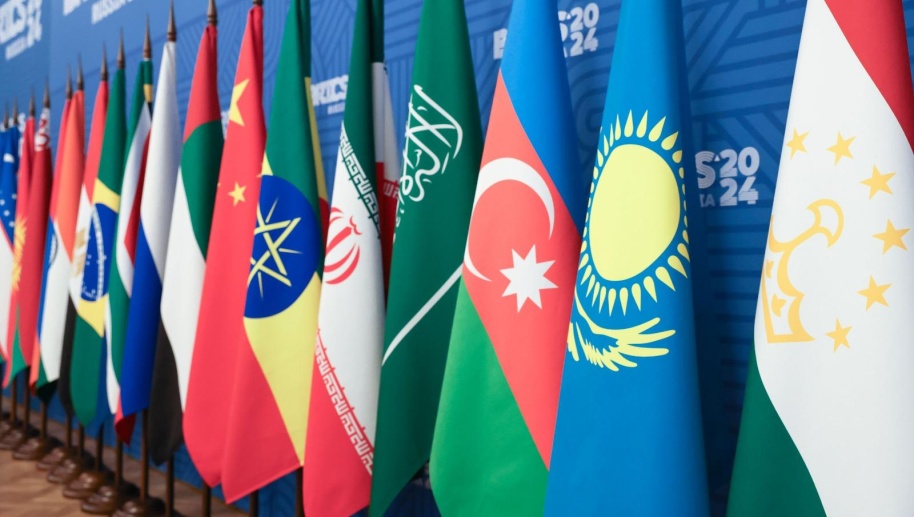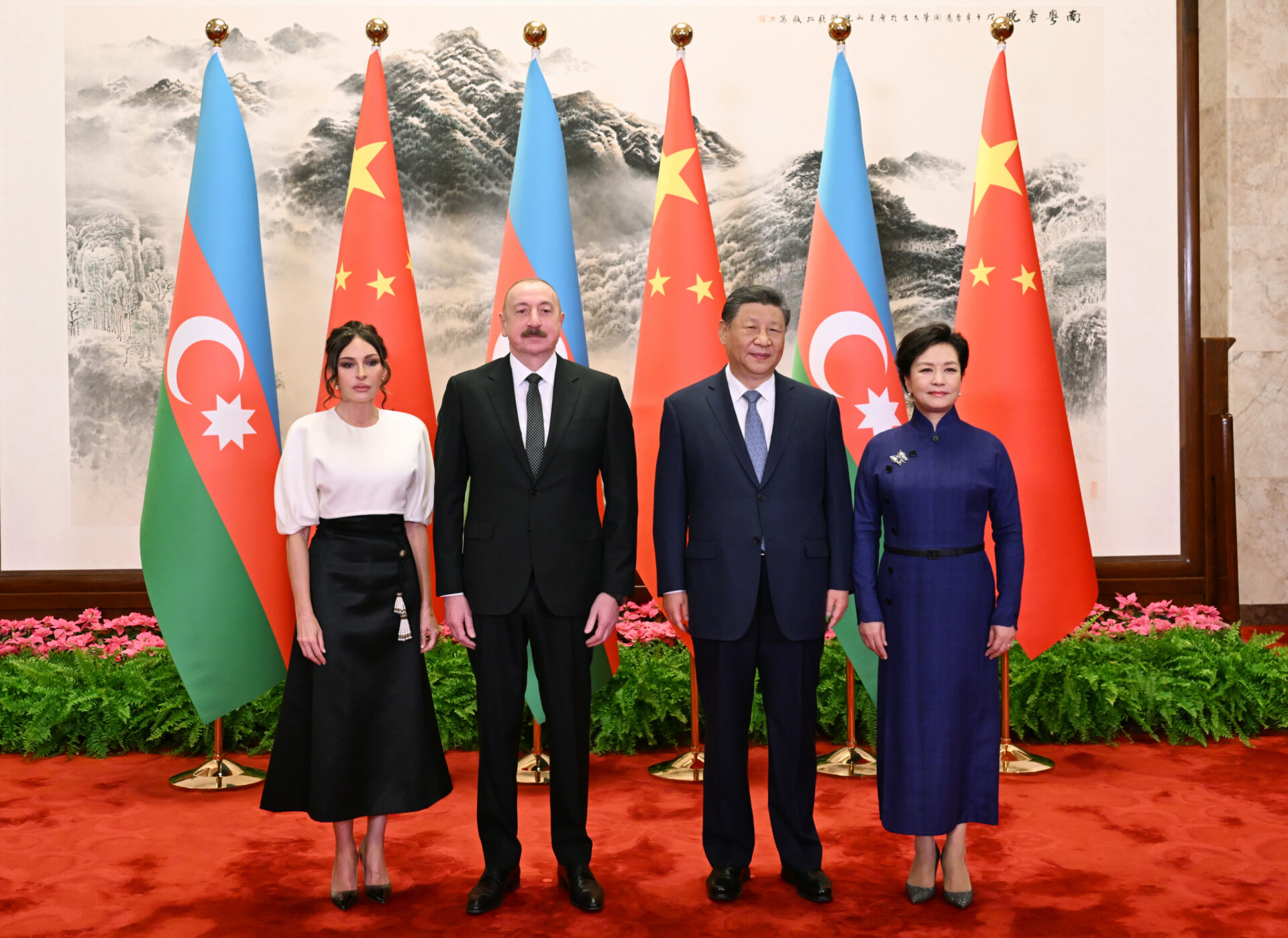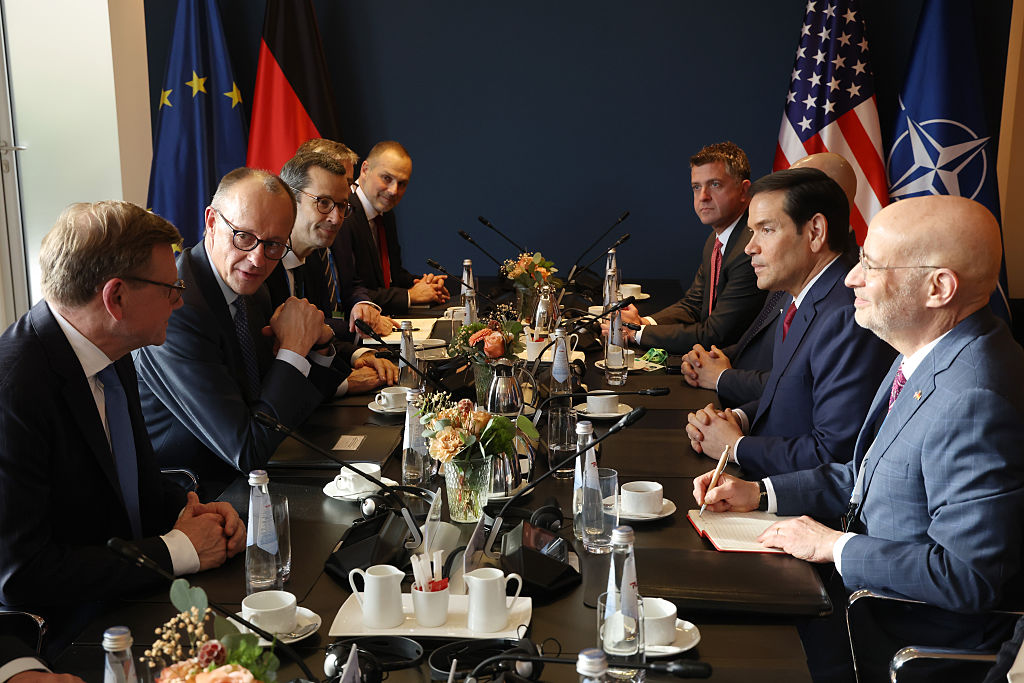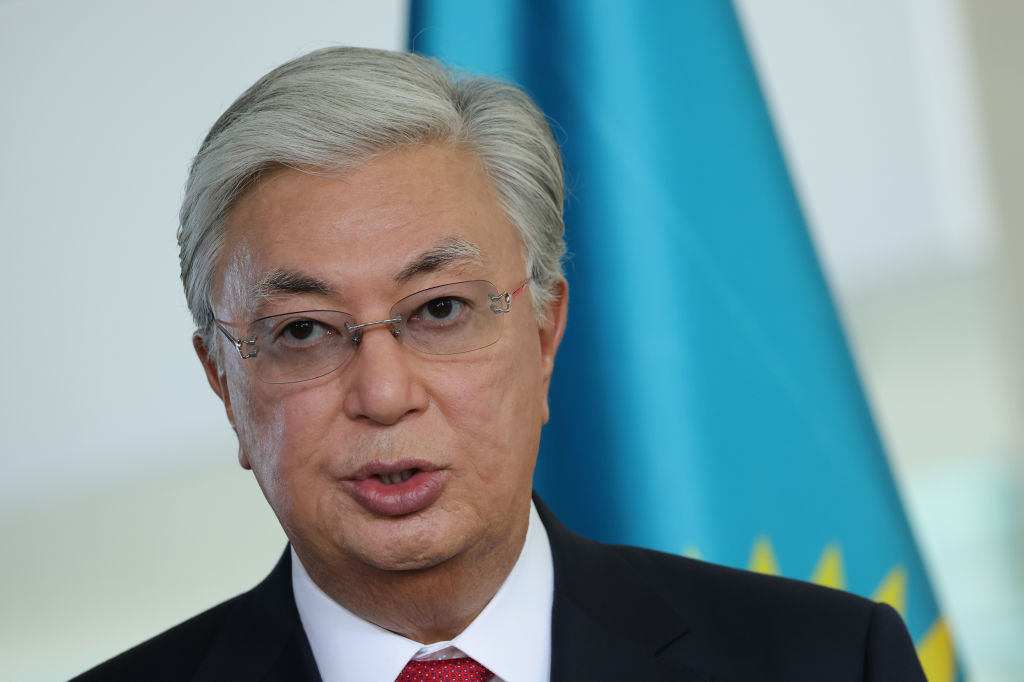
Azerbaijan’s BRICS Application Seeks to Strengthen its Position in Global Economy
Azerbaijan’s BRICS Application Seeks to Strengthen its Position in Global Economy
Executive Summary:
- Baku announced in August its application to join BRICS to align with major developing economies and strengthen political relationships on the global stage.
- Joining BRICS will create new opportunities for Azerbaijan in the transportation sector. In recent years, Azerbaijan has strived to become the regional and global transportation hub by connecting intercontinental trade routes from China to Europe and the International North-South Transportation Corridor.
- Azerbaijan aims to develop its non-oil sector to avoid dependence on oil exports, and BRICS would provide Azerbaijan with preferential access to global markets.
On August 20, Azerbaijan formally announced its application to join BRICS. The BRICS group is a political-economic grouping formed by Brazil, Russia, India, and China in 2006, with South Africa joining in 2010 to connect major emerging economies (BRICS, accessed October 23). Although not officially stated, the organization aims to unite the major developing countries to challenge the dominance of wealthier Western countries in the global economy (Channel News Asia, October 21). As of January 1, 2024, Egypt, Ethiopia, Iran, and the United Arab Emirates joined the group (Daily News Egypt, January 1). With this expansion, BRICS represents about 3.5 billion people, or 45 percent of the world’s population, and accounts for over $28.5 trillion, or 28 percent of the global economy (DW, April 7). Azerbaijan’s strategic decision underscores Baku’s aspiration to align with a powerful bloc that plays an increasingly pivotal role in the global arena. Through BRICS membership, Azerbaijan seeks to strengthen its global position while enhancing its economic and political relationships within the group (News.az, August 23; see EDM, October 16).
Azerbaijan’s application to BRICS comes after establishing a strategic partnership with China, a leading member of the bloc. On July 3, a Joint Declaration of the Republic of Azerbaijan and the People’s Republic of China on the establishment of a strategic partnership was adopted as part of the Shanghai Cooperation Organization Summit in Astana (Apa.az, July 3; see China Brief, July 12; see EDM, July 16). Amid complex international and regional dynamics, the joint declaration reaffirmed a mutual commitment to strengthening collaboration in political, economic, and cultural areas, working together on global issues, safeguarding shared interests, and advancing peace, stability, and development regionally and globally. In a meeting prior to the signing, the country’s leaders hailed the declaration as the beginning of a new chapter in bilateral relations and a significant advancement in deepening their cooperation across all sectors (Chinese State Council, July 4).
Provision 4.5 of the declaration highlights Azerbaijan’s aspiration to become a member of BRICS, and China welcomed Azerbaijan’s participation in the group (President.az, July 3). This mutual recognition signals both countries’ commitment to fostering broader collaboration, further integrating Azerbaijan into multilateral platforms that drive global economic growth and geopolitical influence.
On June 6, the first meeting of BRICS Ministers of Transport occurred at the St. Petersburg International Economic Forum 2024 (BRICS-Russia2024.ru, June 7; see EDM, June 13). The meeting focused on advancing the transport sector and fostering industry collaboration among BRICS nations, focusing on the future of transportation in the digital age. During the discussions, ministers emphasized their strong support for developing international transport corridors and enhancing trade, economic, and cultural connections between their countries. BRICS’s focus on developing transport infrastructure and international transport corridors indicates that Azerbaijan would play an active role in and substantially contribute to this process by joining the group.
Joining BRICS will create new opportunities for Azerbaijan itself in the transportation sector. In recent years, Azerbaijan has strived to become the regional and global transportation hub by connecting intercontinental trade routes (see EDM, April 20, 2023, January 25, June 24; Apa.az, April 30). As one of the main connecting countries of the International North-South Transportation Corridor (INSTC), which also connects influential BRICS members such as India, Russia, and Iran, Azerbaijan is in a prime geographic location for the group to improve connectivity (see EDM, July 25). At the BRICS summit in St. Petersburg in June 2024, the INSTC was a major point of discussion, highlighting how cargo traffic at checkpoints on the border of Azerbaijan has increased by 25 percent in 2023 (BRICS-Russia2024.ru, June 6). Along with INSTC, Azerbaijan is also a connecting node within the Trans-Caspian International Transport Corridor (Middle Corridor), which connects China to Europe (see EDM, April 19, 2022, April 20, 2023, June 24; Azertag, August 16). This geographic position of Azerbaijan will also considerably contribute to implementing China’s ambitious Belt and Road Initiative (see EDM, April 20, 2019).
Azerbaijan can also benefit economically by getting preferential access to the markets of the group’s members, which is important in implementing Baku’s economic strategy that focuses on developing the non-oil sector (Trend, September 25). Azerbaijan is looking to diversify its economic prospects and actively reduce its oil dependency to ensure sustainable economic growth. Baku is attempting to move toward a “greener” economy, especially as it prepares to host the 2024 United Nations Climate Change Conference (COP29) this coming November (Azernews.az, October 8). By joining BRICS, Azerbaijan would have more economic partners to develop its non-oil product sectors.
From a political standpoint, although Azerbaijan’s bid to join BRICS was seen as a significant shift in its foreign policy aimed at limiting relations with the West, Baku is unlikely to turn away from the West completely. Many BRICS members maintain strong trade relations with Western nations. For example, in 2023, Brazil’s top two trading partners were China and the United States, and reports show that compared to September of 2023, Brazilian remittances to China have decreased by 9.7 percent, but have grown by 8.9 percent to the United States (US State Department, September 9; CNN Brasil, October 18). Azerbaijan, meanwhile, continues to prioritize its economic relationships with Western countries, with the European Union remaining a key trade partner, consisting of 48.5 percent of Azerbaijan’s total trade and 64 percent of Azerbaijan’s exports, particularly in the energy sector (European Commission, accessed October 23). BRICS is primarily an international economic association rather than a political alliance. Its focus on economic collaboration would enable Azerbaijan to join without facing significant political pressures or limitations on its trade practices.


